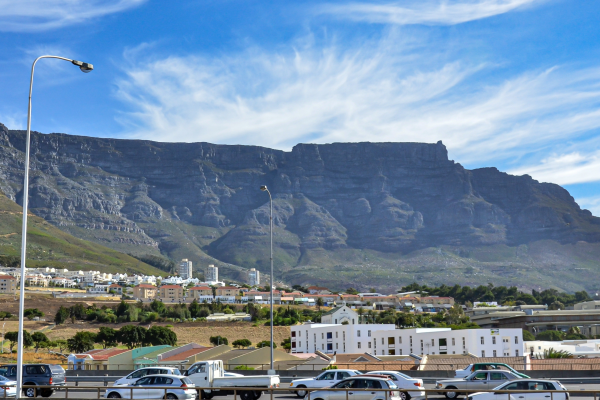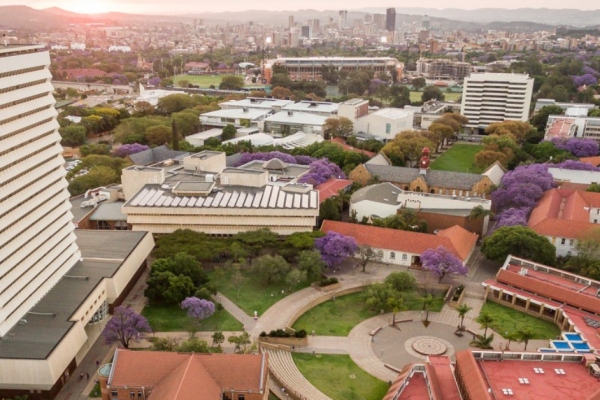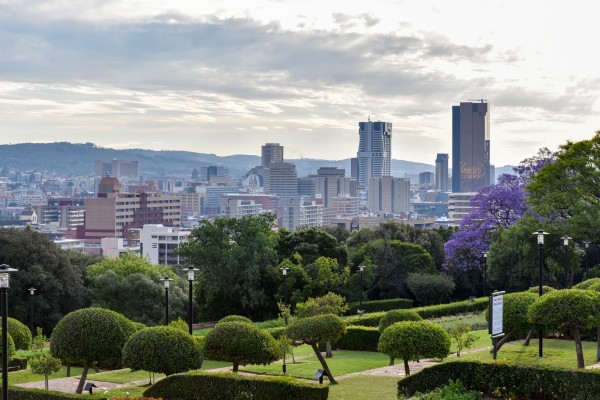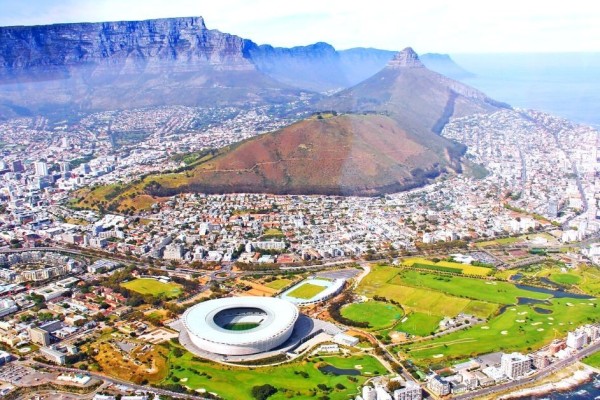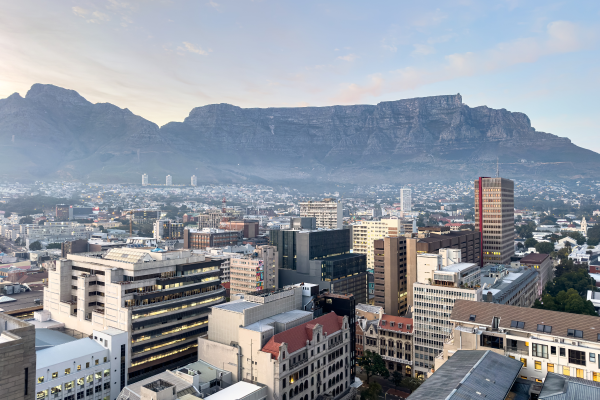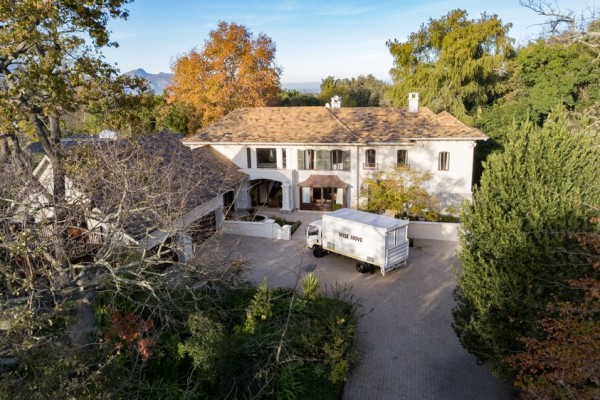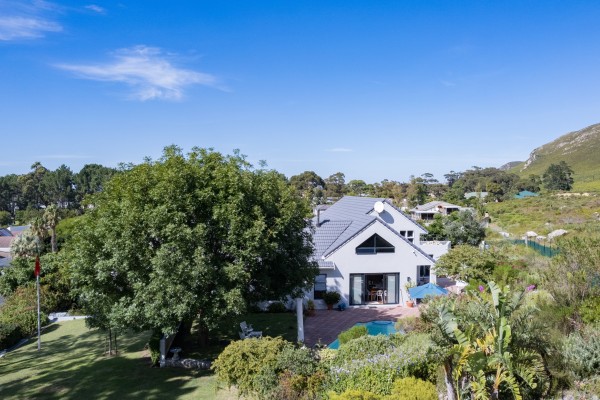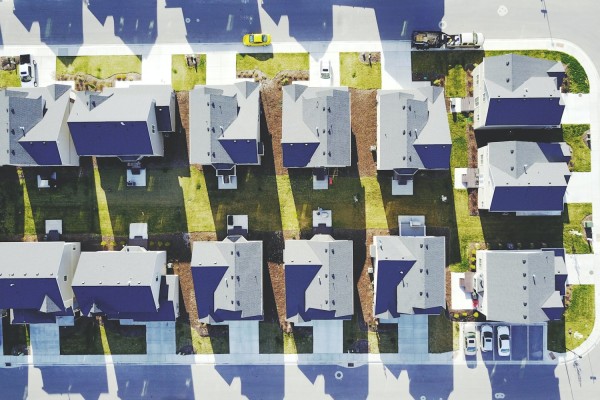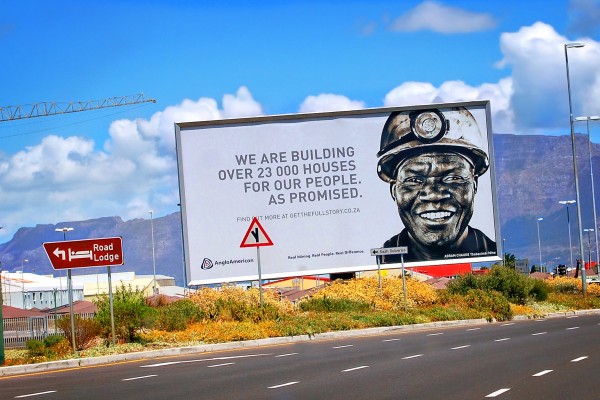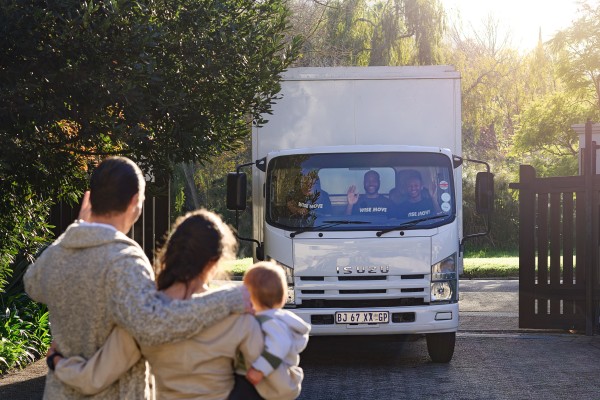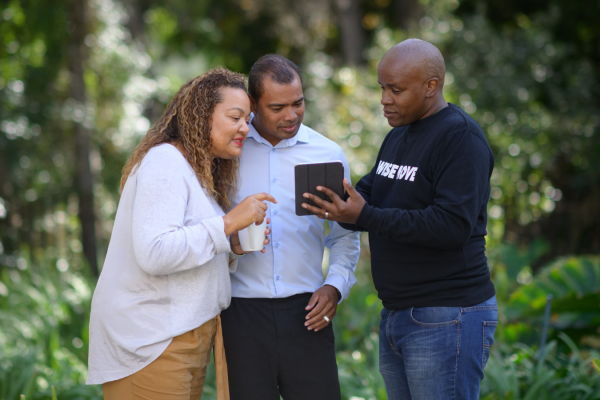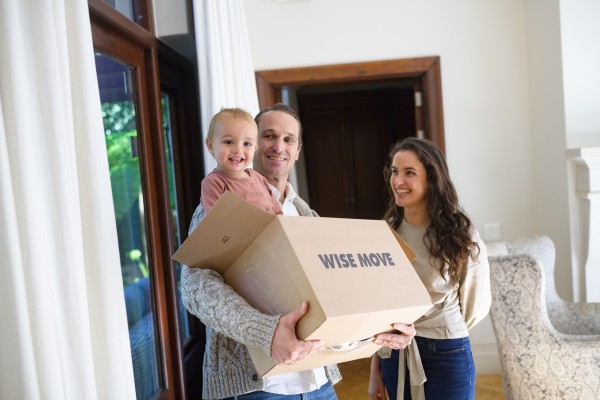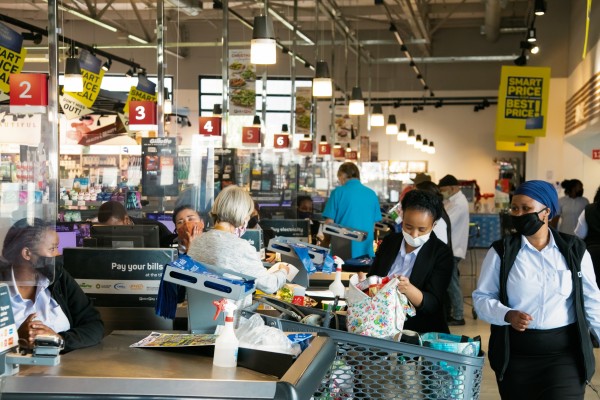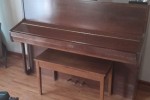How much do you need to earn to live comfortably in Pretoria in 2025?

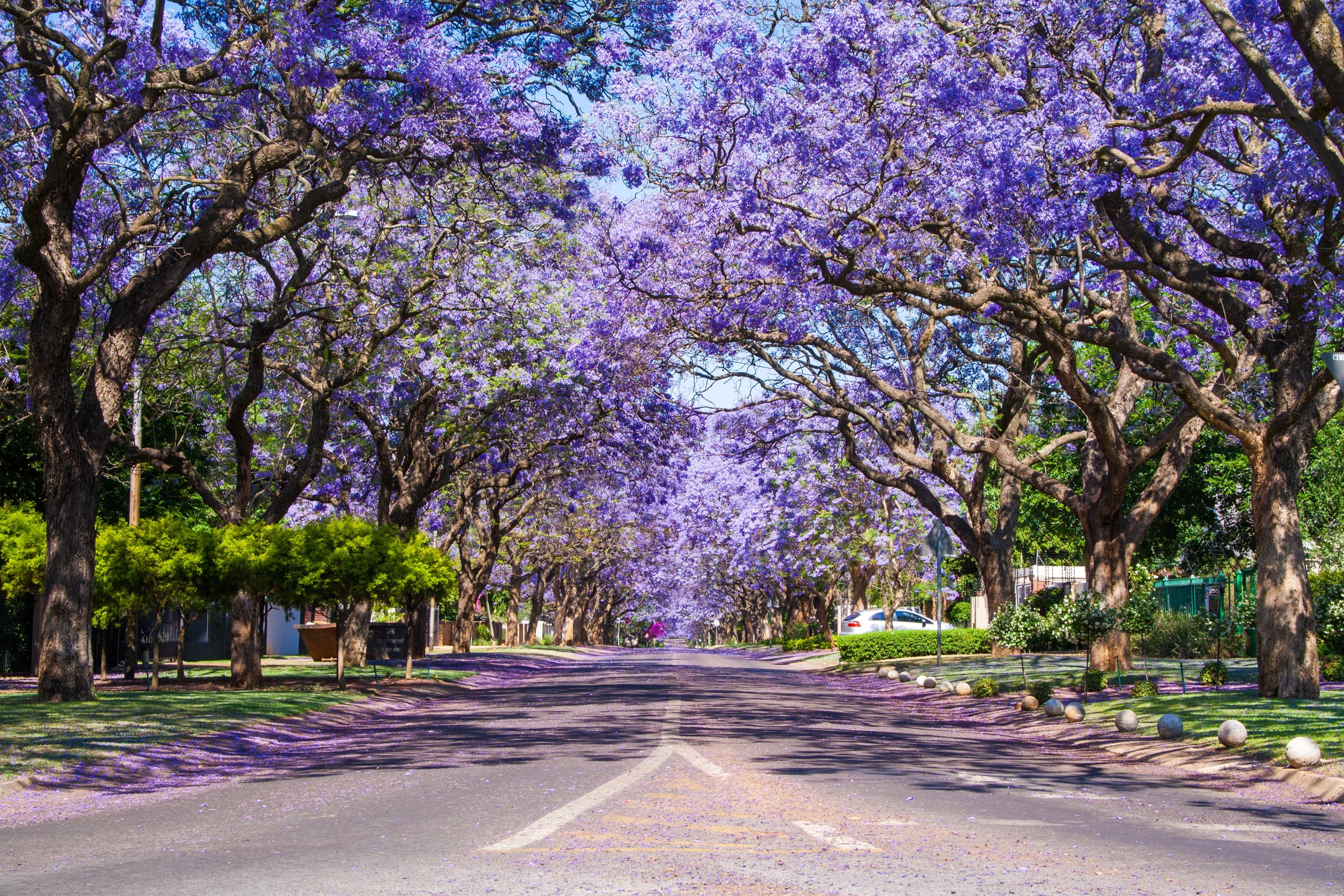
Pretoria is famous for the vivid violet jacaranda blossoms that brighten its streets in October and November. And it has another bright side, that lasts all year round—it is one of South Africa’s most affordable cities to live in when incomes are factored in.
The average salary of its residents is high by national standards, with the added benefit that major costs, such as housing, are significantly lower than those in towns like Cape Town, Stellenbosch or George.
The city’s ‘discount’ on property prices and rents is partly down to infrastructure and governance problems, so there are some drawbacks to living in Pretoria. That said, with attractions such as great weather, a gentler pace than Johannesburg, and an abundance of big public-sector employers, Pretoria is a city that offers the good life without breaking your budget.
So, what do you need to earn to live comfortably in Pretoria? This guide breaks down all the costs to give you the answer.
The cost of housing in Pretoria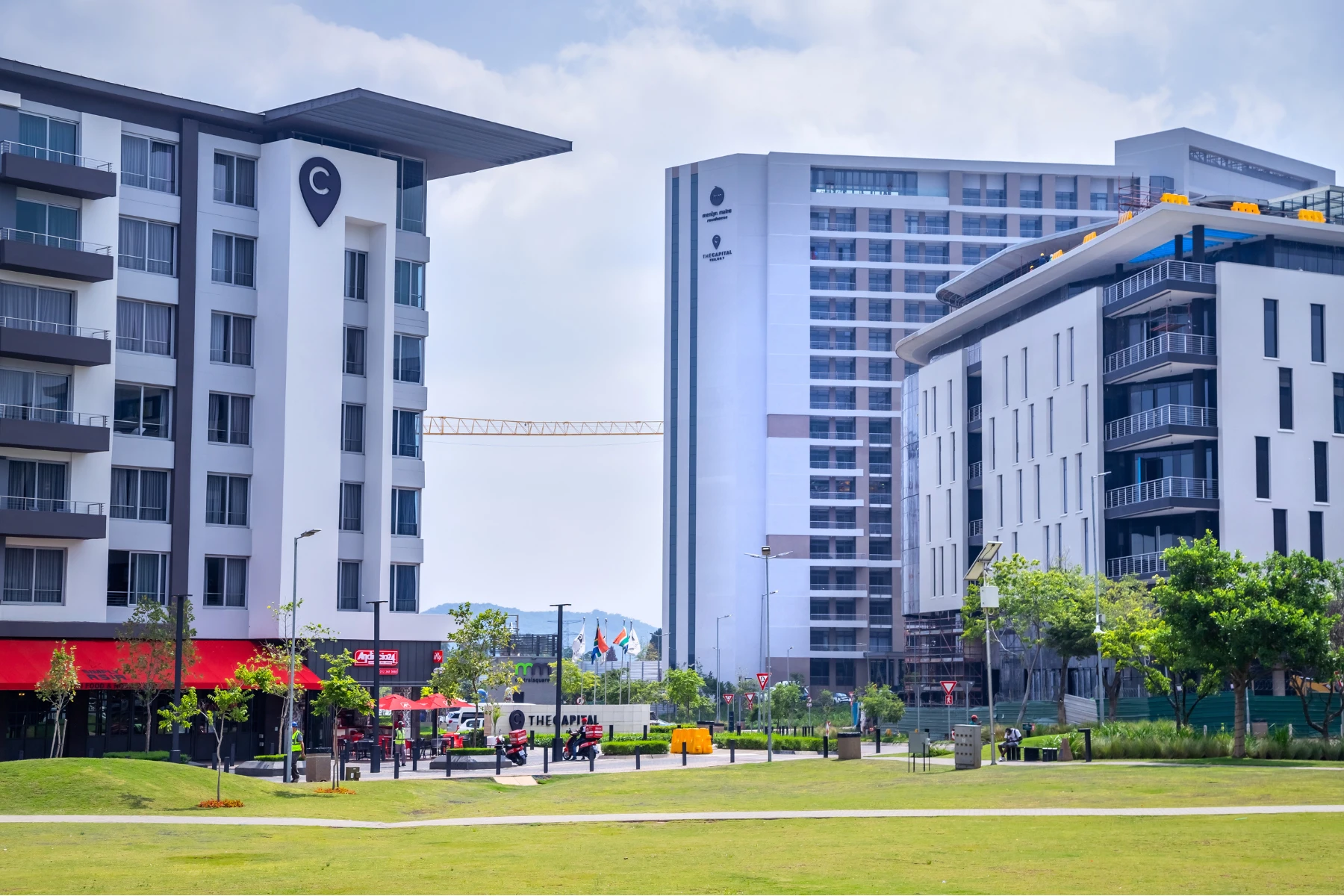
Housing in Pretoria is not expensive by urban South African standards, and has recently become cheaper in real terms thanks to a sluggish property market over the last decade.
Find out about the best places to stay in Pretoria.
What do Pretoria properties cost to buy?
According to property trends in Pretoria from 2025, the average asking price for a property sold in the area is around R1,500,000—a modest increase from the average asking price in 2016 of R1,250,000.
The average selling price of properties in Pretoria has grown more healthily. It’s now just over R1,250,000 on Property24, as against a 2016 average of R850,000.
Even so, many Pretoria property values have stagnated or declined slightly in real terms, due largely to the city’s infrastructure and governance woes and a dawdling urban economy. Prices have certainly perked up in the last year, however, and the healthy rental yields to property prices when compared with Cape Town, where yields are significantly lower, suggest there are legs in the recovery. Currently, Pretoria offers good value per square metre for home buyers.
Data from Numbeo reveals that the average price per square metre of a property in central Pretoria is currently R14,750, well below the Johannesburg CBD's property averages of R18,071. Pretoria’s properties outside the centre average at R13,500, which is slightly higher than the Joburg average of R12,000.
Don’t forget about insurance
If you’re buying a home, factor in homeowners' insurance, which typically costs between R300 and R700 per month. Some lenders may require proof of insurance before granting a home loan.
What does it cost to rent a home in Pretoria?
- As extrapolated from Numbeo's 2024 data, the average rent paid per month for a three-bedroom apartment was R12,937 in central Pretoria and R13,590 in the suburbs.
- For one-bed apartments, the monthly average rent was R7,209 in the city centre and R7,070 in the suburbs.
Average rents are nearly 6% lower than in Johannesburg. Given that average incomes are slightly higher in Pretoria, this suggests it is a well-priced city for renters.
What do utilities cost in Pretoria?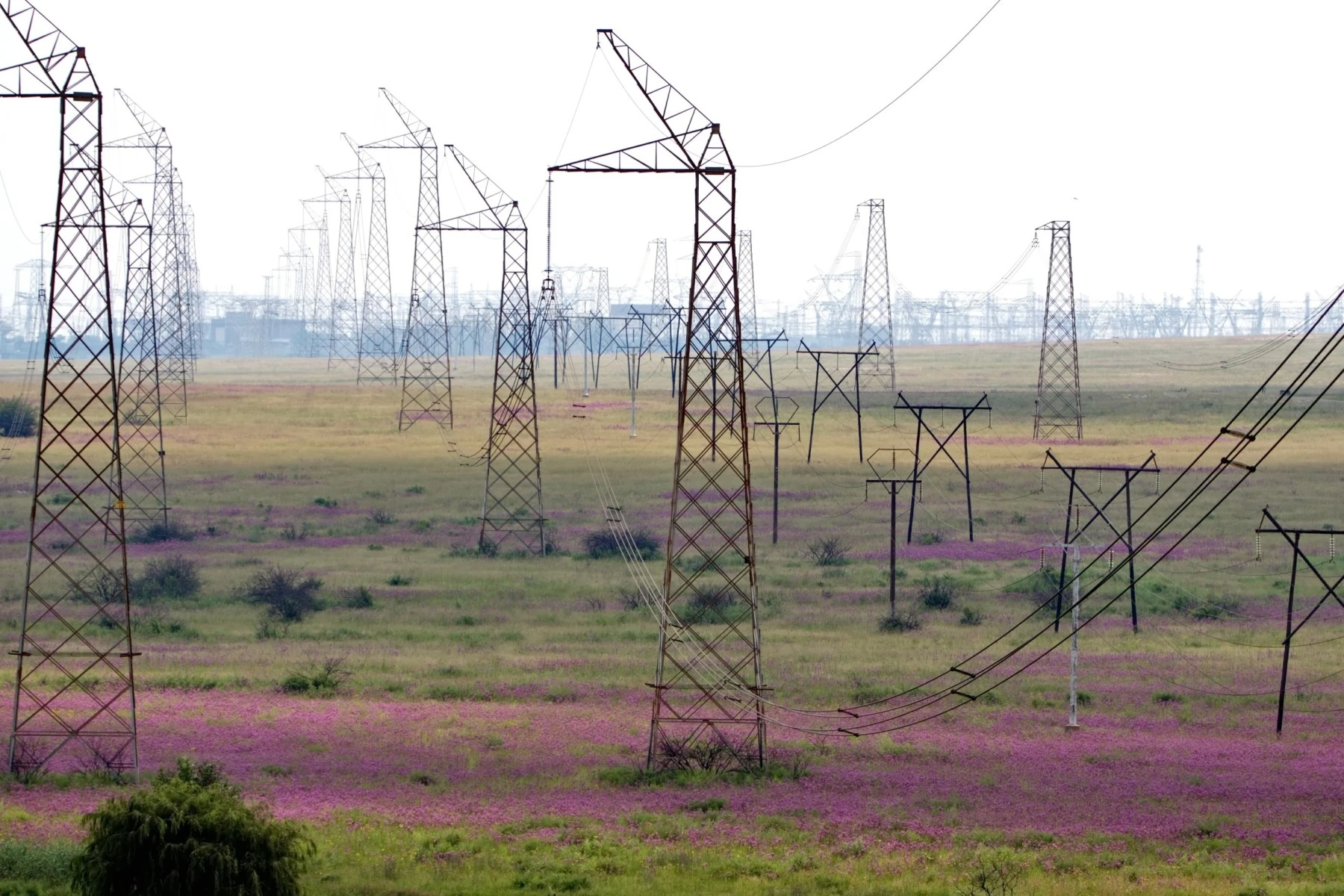
According to Numbeo data (see table), Pretoria is among the more expensive South African cities when it comes to basic services, such as electricity, water, and refuse collection.
A MyBroadband comparison estimates that Pretoria’s average electricity bill for a month’s consumption of 900 kWh in 2024 was R3,090, lower than the average of R3,509 in Cape Town, but higher than Johannesburg’s R2,846.
|
Utility service in Pretoria |
Average monthly cost (85 m2) |
|
Electricity, water and refuse collection |
R2,215 |
|
Mobile phone monthly plan with calls and 10 GB+ data |
R666 |
|
Internet (60 Mbps or More, Unlimited Data, Cable/ADSL) |
R682 |
What do groceries cost in Pretoria?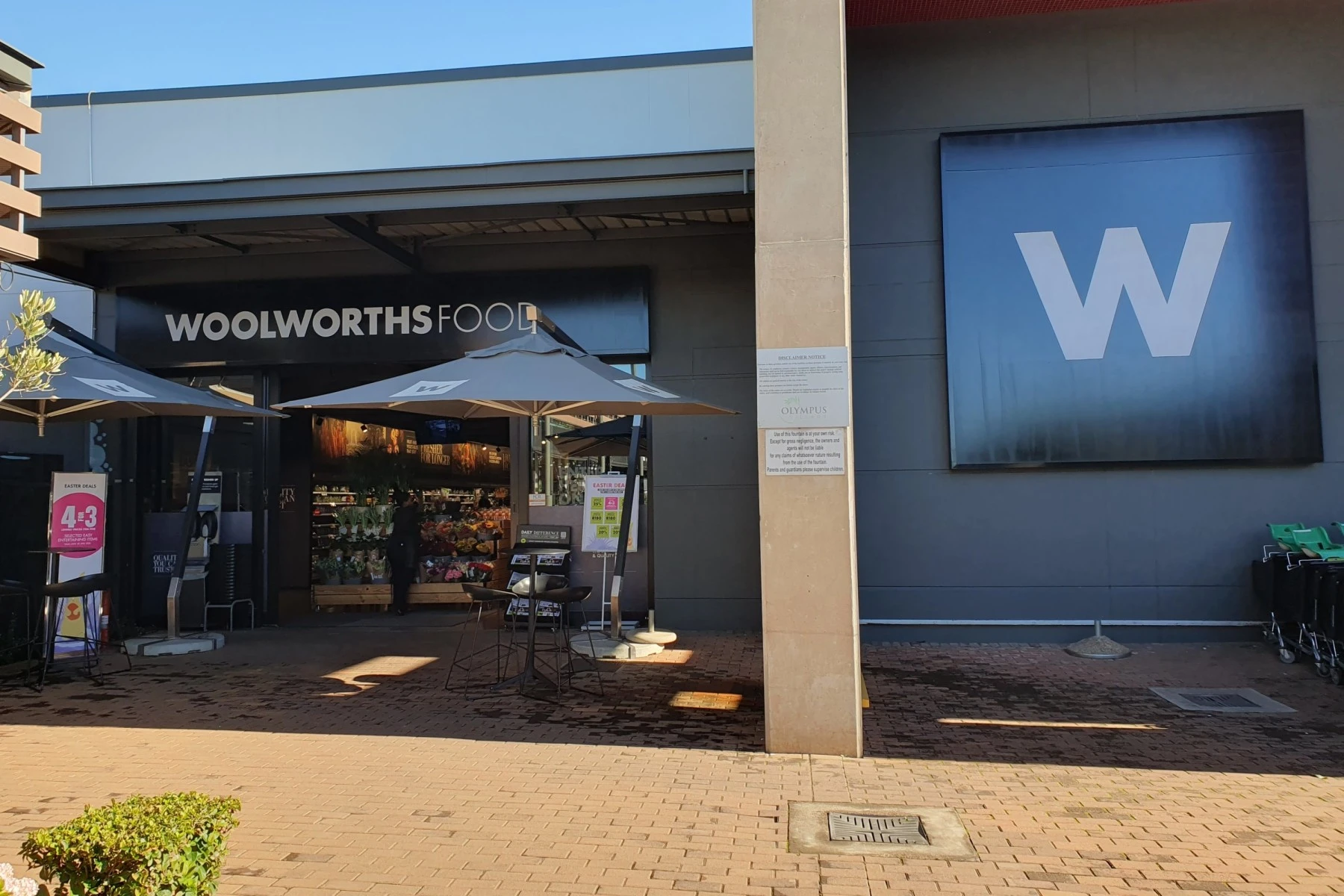
- Food and other household supplies are 1.6% cheaper in Pretoria than in Johannesburg, according to Numbeo, but that saving doesn’t apply across all items.
- In May 2025, the typical basic grocery basket for a family of four cost an average of R5,466 per month, countrywide.
- The cost of a more varied, nutritious and tasty diet could be up to R16,000 per month for a four-person family.
- The basic groceries bill in Pretoria remains fairly low by developed-world standards, despite high food inflation in recent years.
What do restaurant meals cost in Pretoria?
Prices at Pretoria restaurants are lower than those in Johannesburg, according to Numbeo data, at both mid-range and inexpensive restaurants. Here's a comparison of restaurant prices:
|
City |
Affordable |
Mid-range (3 courses, 2 people) |
|
Pretoria |
R150 |
R600 |
|
Johannesburg |
R200 |
R800 |
Being South Africa’s diplomatic capital, Pretoria has a cosmopolitan range of dining places, serving excellent ethnic cuisine. You'll find the likes of the Congolese Zemara, Belgian La Madeleine, Italian Forti’s, and upbeat Vietnamese Saigon Suzy. There’s no shortage of Indian, Greek, Portuguese-Mozambican, Italian and Thai options, plus several inventive boerekos restaurants.
View this post on Instagram
Tipping in South Africa is the norm. Expect to tip between 10% and 20% of your bill to support waiters, as their hourly wages are very modest.
How much does public transport cost in Pretoria?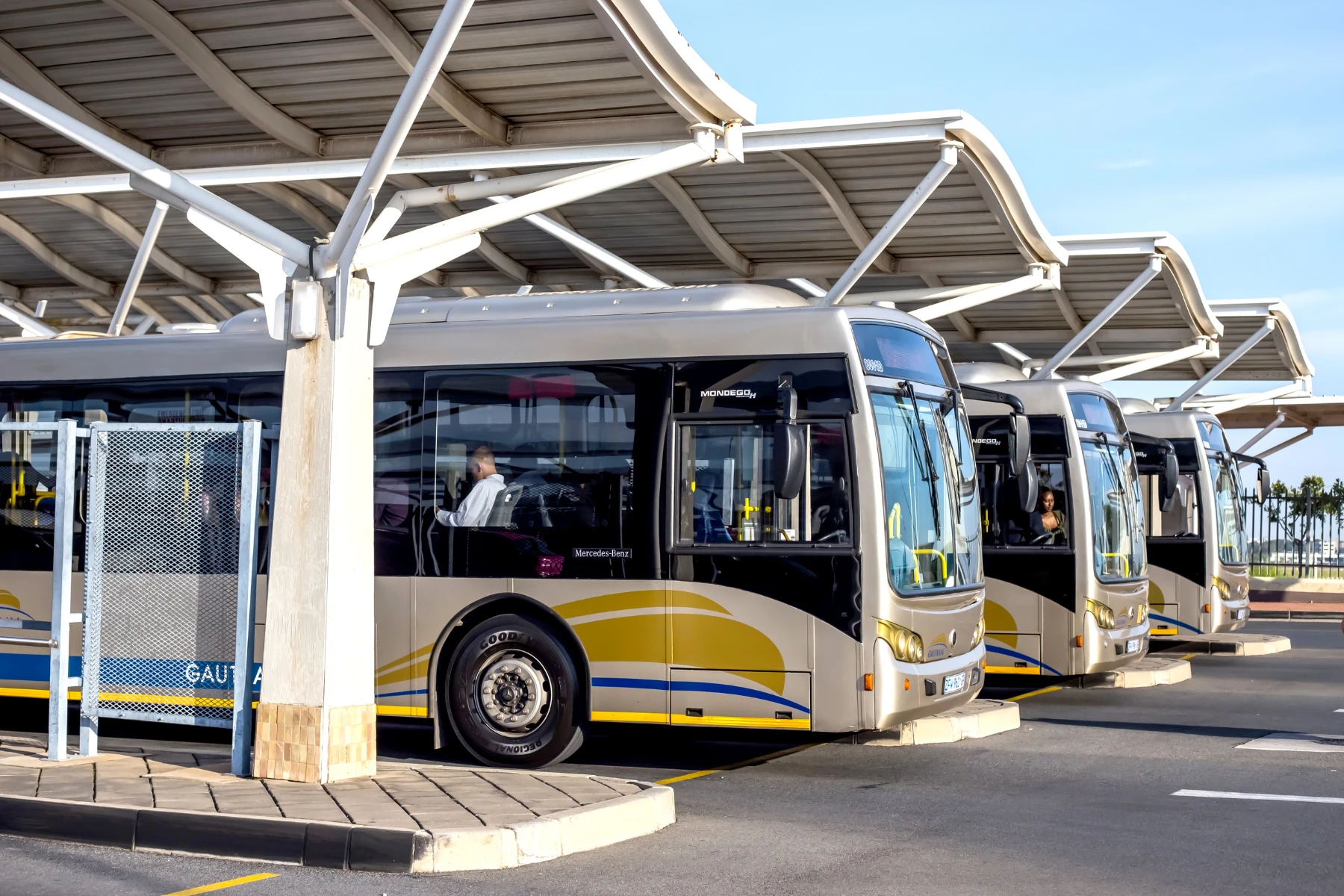
- Pretoria’s public transport options include the A Re Yeng bus rapid transport service, covering the city and central suburbs, and the Tshwane Bus Service, which connects the centre with outlying suburbs. Both networks are very affordable, with tickets ranging from R11.50 to R30 per trip.
- The Gautrain high-speed rail service connects the CBD, Hatfield and Centurion with Johannesburg and OR Tambo Airport. A single ticket to Sandton costs R43, while a monthly ticket works out much cheaper for commuters at R716. The city is also well covered by Uber and other ride-hailing services.
What does private car travel cost in Pretoria?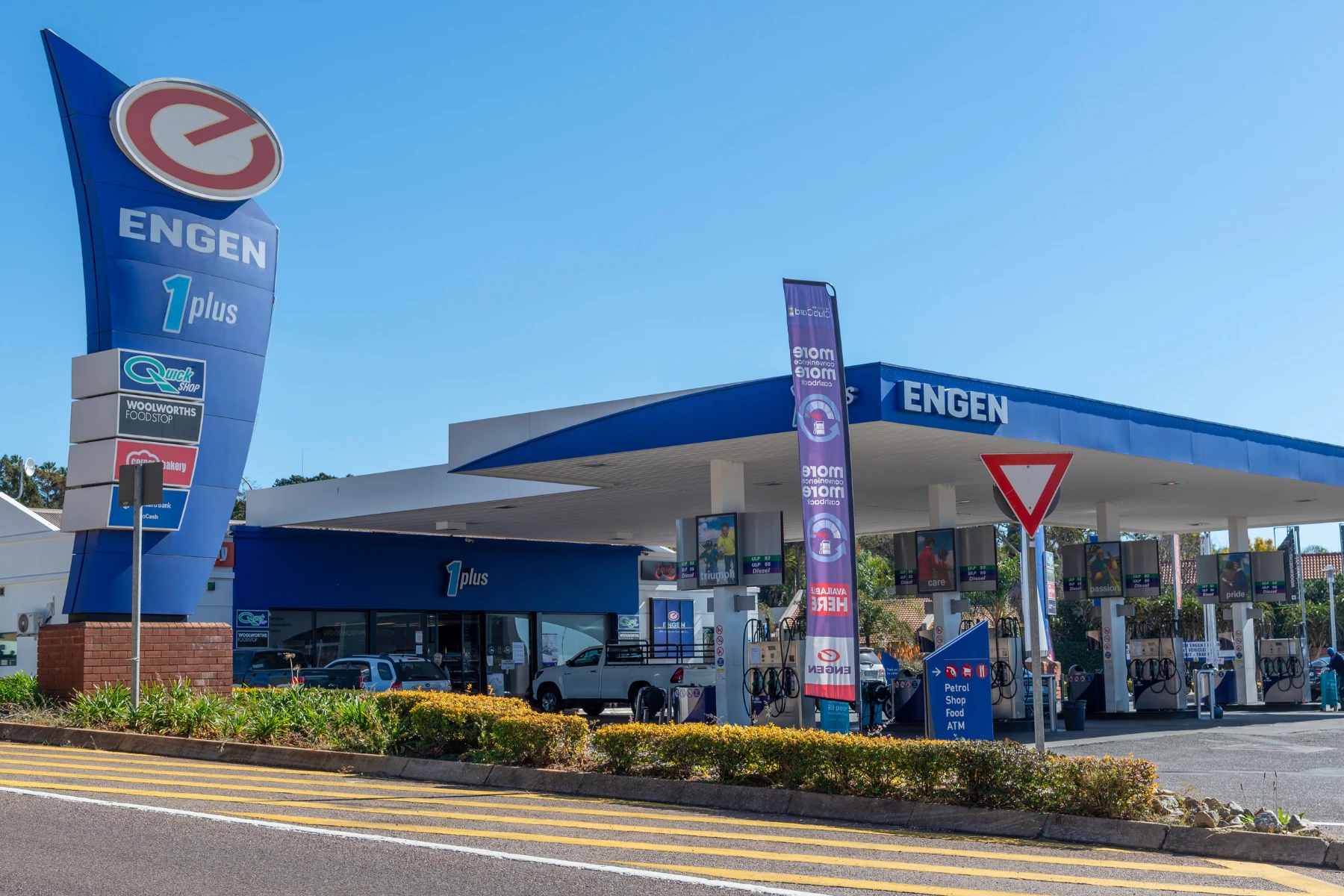
Owning a private vehicle gives you greater flexibility in Pretoria, especially in more suburban areas where public transport options are limited. Here’s a breakdown of typical monthly and once-off costs you can expect:
Monthly costs of owning a car in Pretoria
-
Fuel: Between R2,000 and R2,500 based on average local driving and petrol prices at R24.03 per litre. Fuel is slightly more expensive in Pretoria than in inland cities, though consistently below the global average.
-
Car insurance: R800–R1,500 depending on your coverage and risk profile.
-
Maintenance allowance: R500–R1,000 for services, tyres, and minor repairs.
-
Parking: Approximately R300 depending on whether it's needed for home, work and amenities.
Once-off or occasional costs of owning a car in Pretoria
-
Vehicle purchase: A popular model like a Toyota Corolla Sedan 1.6L costs around R464,425
-
Licensing & registration fees: Around R1,000–R1,500 annually
-
Roadside assistance plan (optional): Around R80–R150 per month
What does entertainment cost in Pretoria?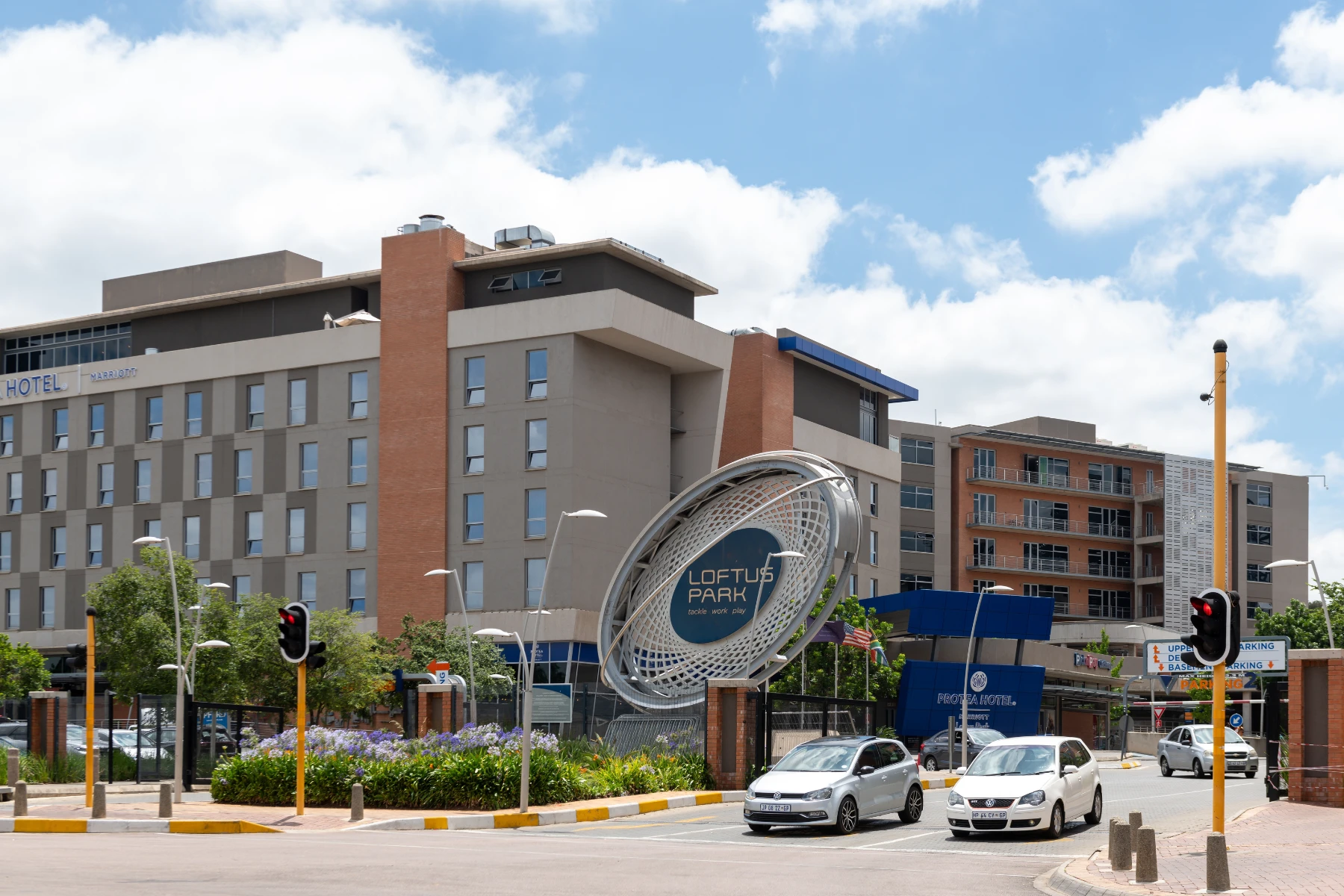
- Pretoria is home to a lively nightlife scene—it is a hotbed of the vibrant local dance music genre amapiano, and offers a wide range of Afrikaans pop and rock sounds.
- The Bulls rugby franchise (tickets from R65) and the Mamelodi Sundowns football club tickets from just R20) are both mighty teams, well worth an outing to the legendary Loftus Versfeld stadium.
- Pretoria also boasts a range of music and theatre performance venues, such as the State Theatre, Atterbury Theatre, and Barnyard Theatre, with live show tickets typically priced from R100 to R300.
A typical night out for a couple, with a meal, a show and ride-hailing transport, will set you back in the region of R1,200.
What does education cost in Pretoria?
Pretoria has some acclaimed state schools. This includes Pretoria Boys High, famed for an alumni list boasting countless elite sportsmen, from the Booker-prize-winning novelist Damon Galgut to the world’s richest man, Elon Musk.
View this post on Instagram
The city’s best state schools charge fees of up to R80,000 per year, while the best private schools charge as much as R320,000 per year.
Childcare costs in Pretoria
If you have younger children not yet in school, Pretoria offers a range of childcare options, from informal playgroups to structured early childhood education centres. Costs will vary depending on the type of care, curriculum and location. Here's an estimated amount you'll expect to pay:
-
Public daycare/crèche: R1,500–R3,000 per month
-
Private daycare or Montessori-style preschools: R3,000–R5,000 per month
-
Holiday care or babysitting services (ad hoc): R150–R300 per day
What does medical care cost in Pretoria?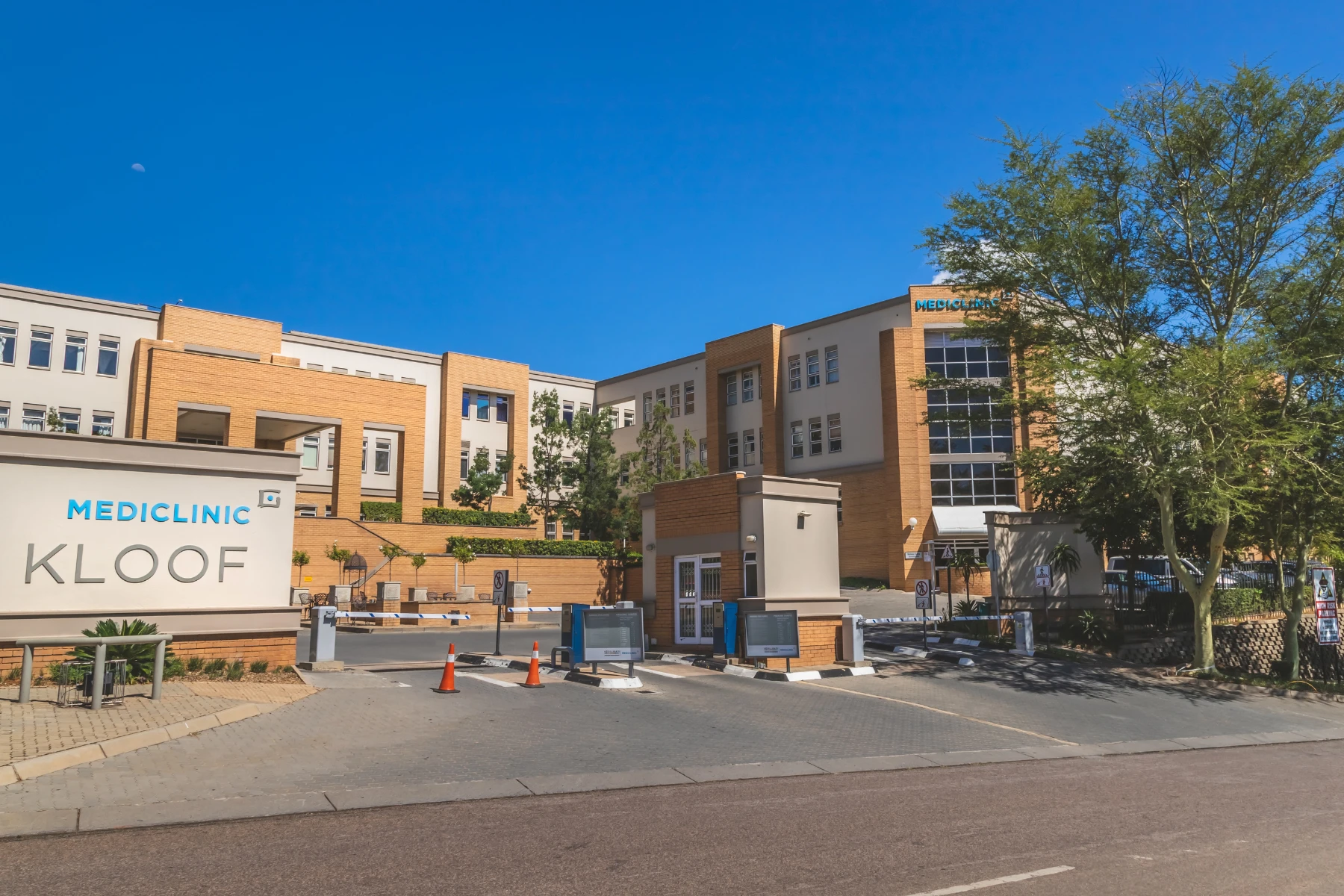
Cost of GPs and specialists' visits in Pretoria
- A GP appointment in Pretoria will cost between R500 and R750 per consultation.
- The quality of care will typically be excellent, and the proximity of Johannesburg’s medical sector to Pretoria’s means there is no shortage of available specialists, whose care will cost you as much as R4,000 per consultation.
The cost of private healthcare
Wherever you live in South Africa, he cost of South African healthcare is a factor to consider, with private medical insurance a wise option.
Medical aid policies vary widely in terms of coverage and cost, with options ranging from a basic hospital plan to comprehensive coverage if you have pre-existing conditions. For example:
-
Discovery Essential Smart Plan: R1,300 per adult, R900 per child for hospital plan with limited GP coverage.
-
Bonitas Hospital Standard: From R2,200 per adult for a hospital plan with more comprehensive cover.
-
Discovery Executive Plan (comprehensive): Over R7,000 per adult with full day-to-day and chronic benefits.
A family of three on a mid-range plan can expect to spend around R4,500–R6,000 per month for adequate coverage.
How much do domestic services and security cost?
To live comfortably in Pretoria, many households budget for extra help around the house and garden. For added peace of mind, it also makes sense to invest in home security.
-
Domestic worker (2 times per week): R2,000–R2,500 per month
-
Garden services: R400–R600 per visit
-
Home security system with armed response: R500–R1,000 per month.
Savings and emergencies
To reduce financial stress, it’s sensible to have an emergency savings fund. This helps cover unexpected costs such as car repairs, dental work or sudden school or home expenses.
A good rule of thumb is to set aside at least 10% of your income, or around R2,000–R4,000 per month, depending on your lifestyle and household size.
Summary of monthly costs
To give you a clearer idea of what this lifestyle looks like in numbers, here’s a breakdown of a typical monthly budget for a family of three living comfortably in Pretoria.
|
Category |
Monthly cost |
|
Rent (3-bed suburb) |
R14,000 |
|
Groceries |
R9,000 |
|
Utilities & Internet |
R4,000 |
|
Medical aid (mid-range) |
R5,000 |
|
Private car transport (fuel, insurance, maintenance) |
R4,500 |
|
School fees |
R5,000 |
|
School transport |
R1,200 |
|
Domestic/Garden services |
R2,500 |
|
Home security |
R800 |
|
Entertainment and eating out |
R2,500 |
|
Savings and emergencies |
R4,000 |
|
Miscellaneous (clothing, toiletries, mobile plans) |
R2,000 |
|
Total |
R58,500 |
What do I need to earn to live comfortably in Pretoria?
Living comfortably in Pretoria means covering all your basic needs, including rent, groceries, transport and utilities, while still having some breathing room for healthcare, school fees, savings and lifestyle extras like dining out or local travel.
Naturally, what counts as “comfortable” will vary depending on your household size and financial goals.
According to Numbeo data, the average monthly after-tax salary in Pretoria in 2025 is R26,114 per month, nearly as much as Cape Town at R27,832 and higher than Johannesburg at R25,510.
To help you determine how much you need to earn to live comfortably in Pretoria, we've outlined the monthly income (after tax*) of different types of households (single adults, couples, families, and retirees) to cover your costs.
|
Household type |
Monthly income |
|
Single adult |
R20,000 – R24,000 |
|
Couple, no children |
R35,000 – R39,000 |
|
Family of three (1 child) |
R50,000 – R54,000 |
|
Family of four |
R56,000 – R60,000 |
|
Retired couple (own home) |
R26,000 – R30,000 |
So what's the bottom line, you may ask? To live comfortably in Pretoria in 2025, you’ll need around R20,000 per month after tax if you’re single, or between R50,000 and R60,000 for a small family renting in the suburbs, with modest medical aid, one car, school fees, and room for discretionary spending and savings.
This budget covers essential expenses like rent, groceries, utilities, transport, healthcare, and education, plus some lifestyle perks like dining out, entertainment, and domestic help, offering a balanced and financially stress-free lifestyle in one of South Africa’s more affordable cities
A note on tax*: South Africa has a sliding income tax scale. For the 2024/25 tax year, the first R95,750 you earn annually is tax-free. A person earning R50,000 per month (R600,000 per year) would take home around R40,000 after tax, depending on deductions like medical aid, pension fund contributions or travel allowances. SARS and other online salary calculators can help you estimate your take-home pay more precisely.
FAQs about living in Pretoria
Is Pretoria an expensive place to live compared to other cities in South Africa?
Pretoria is more affordable than Cape Town or Johannesburg in some categories, including rentals, house prices and groceries. The fact that incomes are not significantly lower than in those cities also makes it more affordable.
How much do I need to live in Pretoria if I’m retired?
If you already own your home, a retired couple could live comfortably on R26,000 to R30,000 per month, assuming moderate medical aid, groceries, and leisure activities.
Can I live in Pretoria without a car?
Yes, thanks to the A Re Yang and Tshwane Bus Services, which are affordable and cover most of the city. However, having a private car is still preferred for convenience, especially if you live in a more suburban area.
Is Pretoria a good place to raise children?
Yes, Pretoria is a family-friendly city, known for its great weather, outdoor activities and schools. As the country’s cosmopolitan capital, it is also a stimulating environment for young people.
Is it easy to find work in Pretoria?
Pretoria offers a broad range of jobs in the public sector, especially in government departments, national agencies, and diplomatic missions. It also has several corporate headquarters, and its proximity to SA’s economic hub of Johannesburg offers many employment options for people willing to commute.
What is the weather like in Pretoria?
Pretoria is usually about two degrees warmer than Johannesburg, mainly because of its lower altitude. But it can still get properly nippy in winter when a cold front passes, occasionally coming close to zero overnight during June, July and August. In summer, days are hot and sunny, with frequent afternoon thunderstorms and heavy rain to freshen up the atmosphere. Pretoria is famous for its invigorating and pleasant climate.
Is Pretoria a safe city to live in?
Crime has increased in Pretoria in recent years, and caution is always advisable. The risk can be greatly reduced by investing in sensible home security features and services, and by taking precautions such as avoiding crime-ridden neighbourhoods when driving.
Which famous people come from Pretoria?
Famous Pretorians include Elon Musk, cricket star AB de Villiers, Constitutional Court judge Edwin Cameron, actor Arnold Vosloo, athlete Oscar Pistorius, rock band Seether, writer Damon Galgut and singer Vusi Mahlasela.
Moving to Pretoria? Then make a wise move …
If a new life in Pretoria awaits you, you should start with a savvy move by relocating your household with Wise Move. The innovative moving platform allows you to book your move with the country’s most affordable and dependable movers, feeding you exceptional quotes for loads of every kind.
What do our customers say?

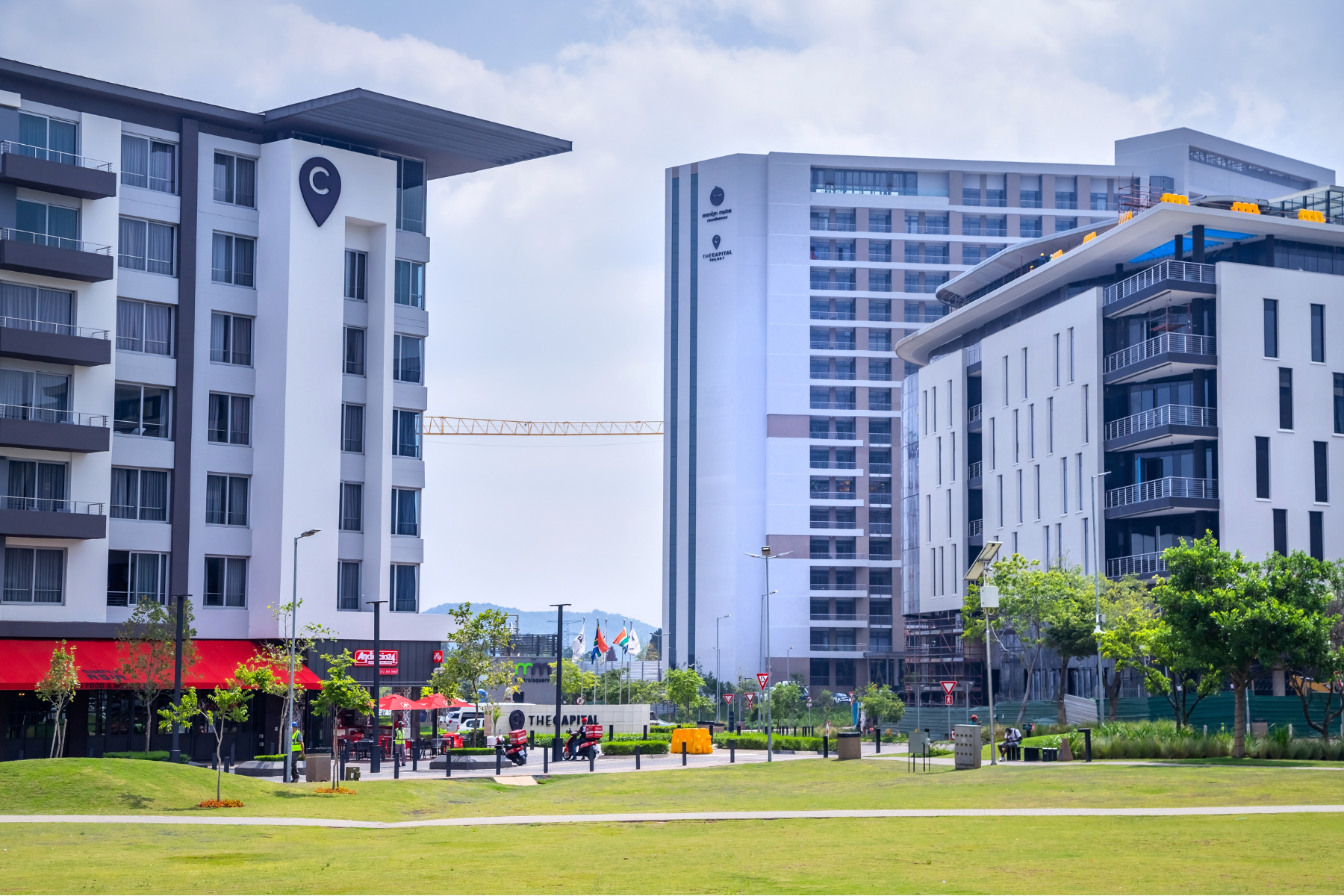

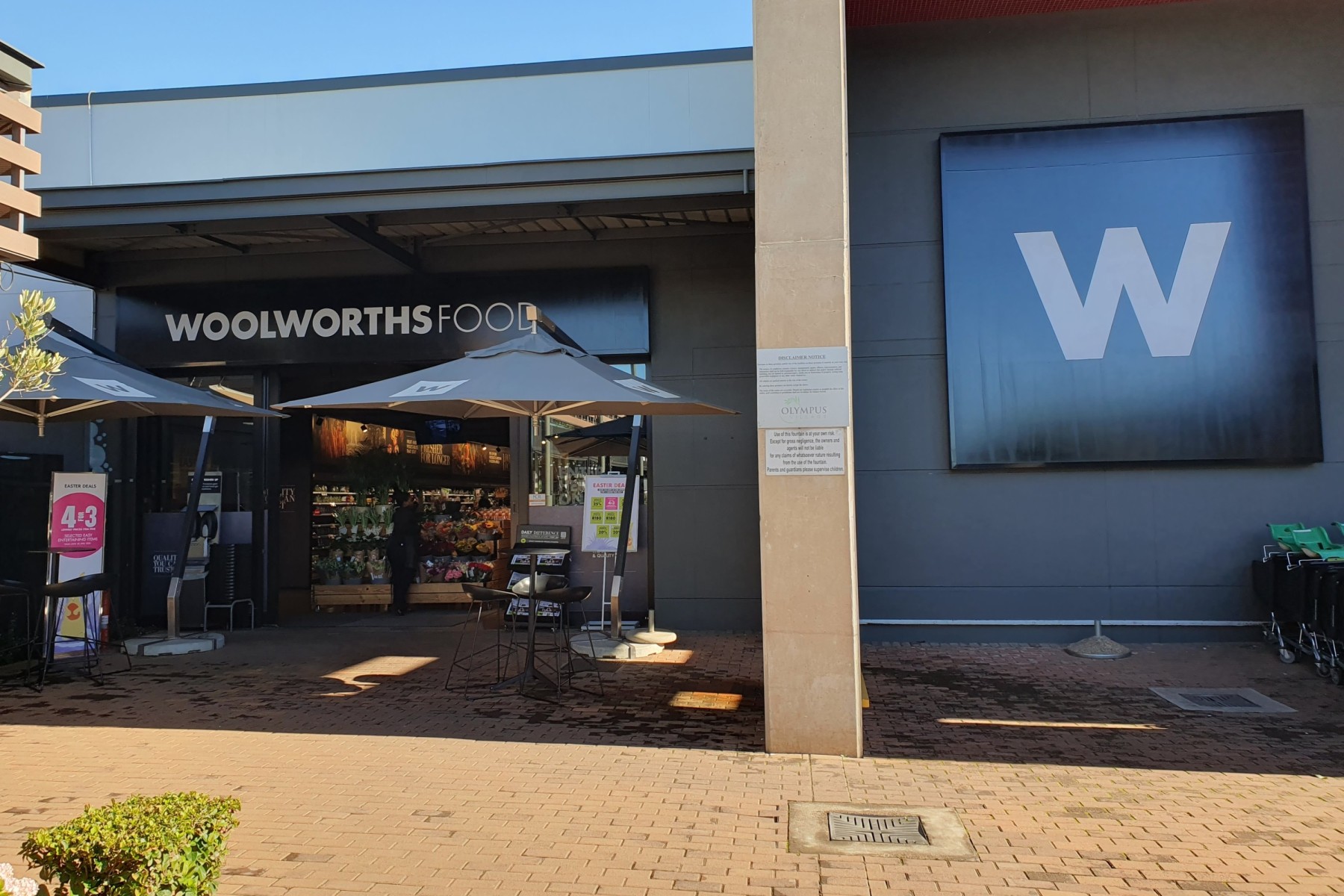
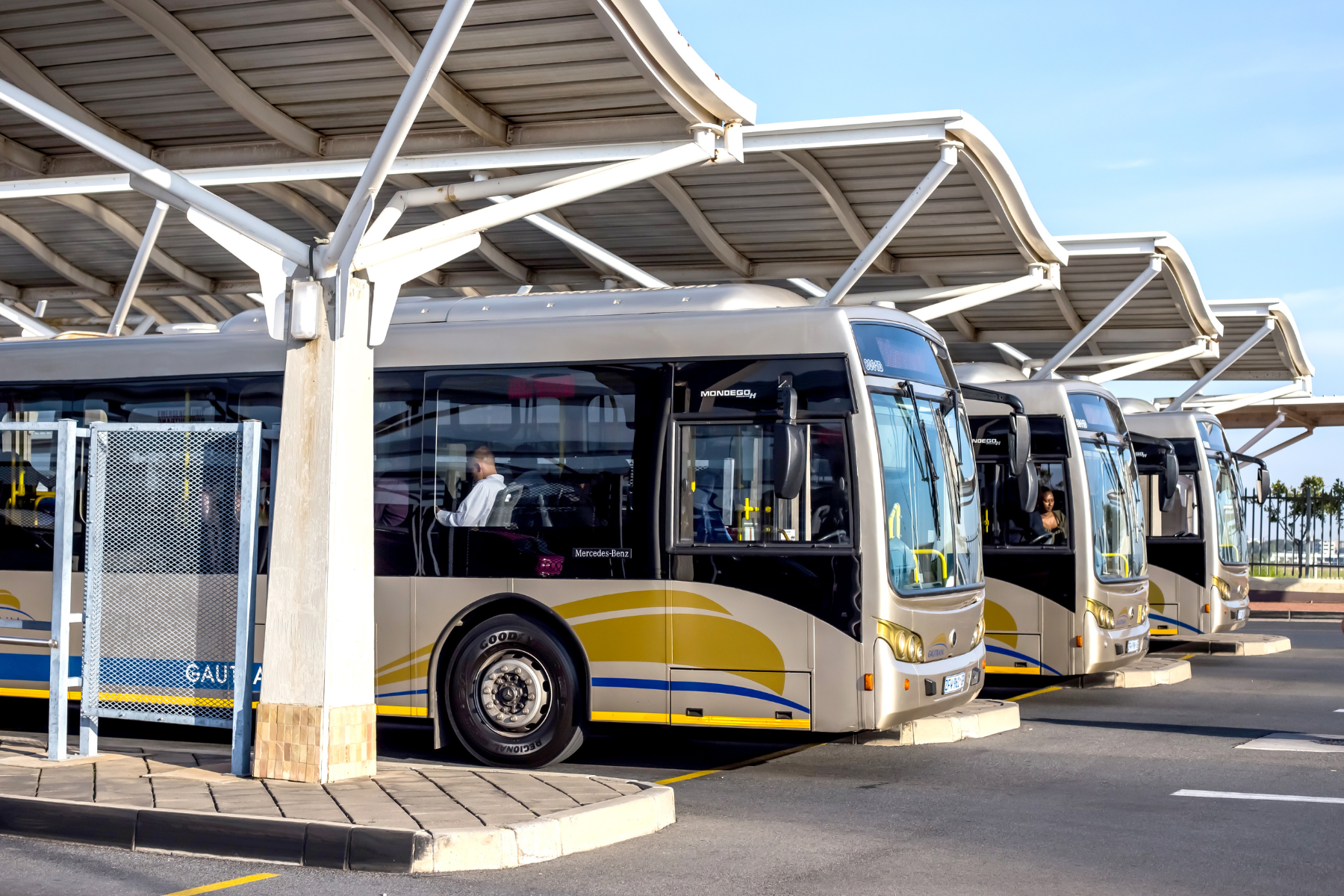
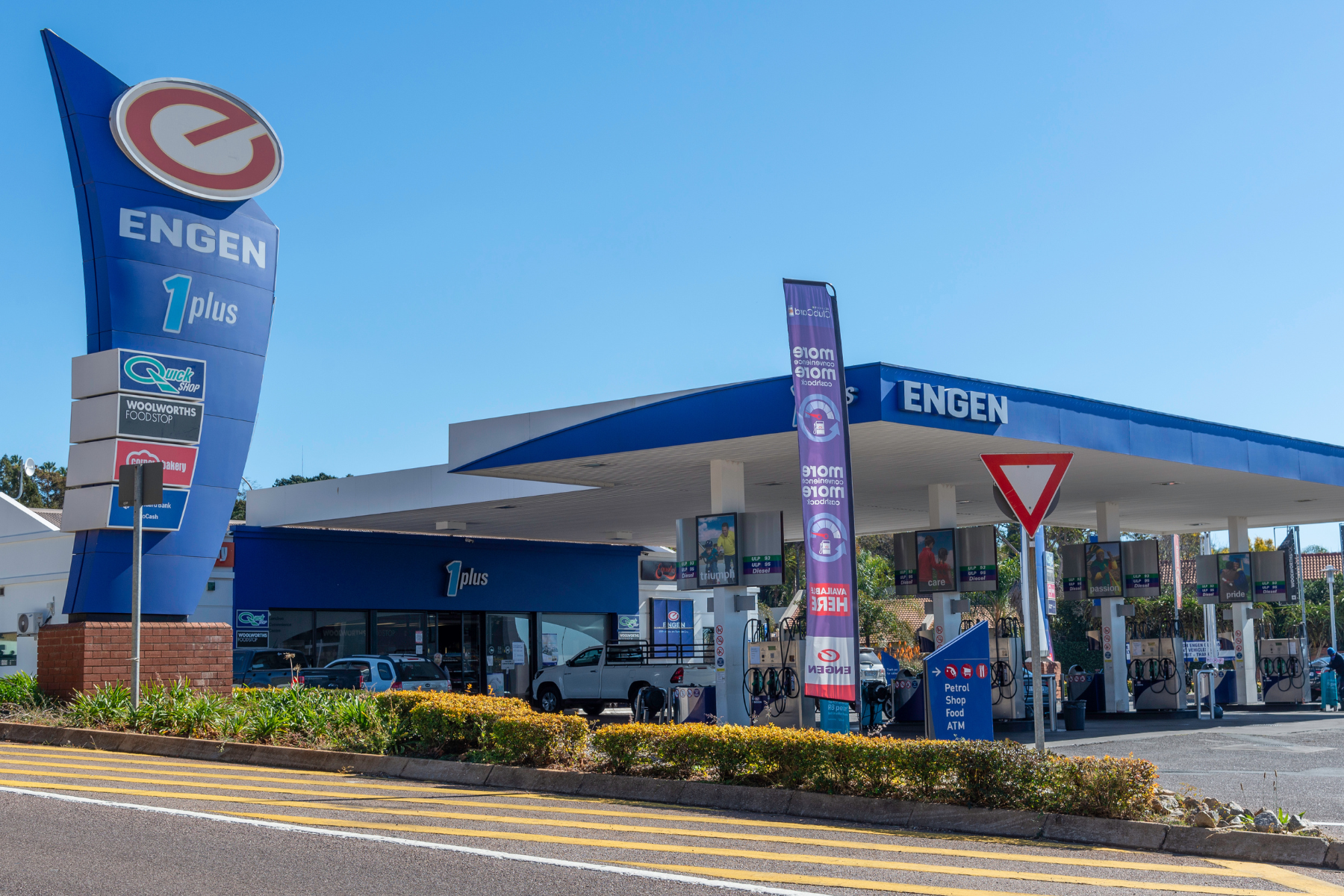
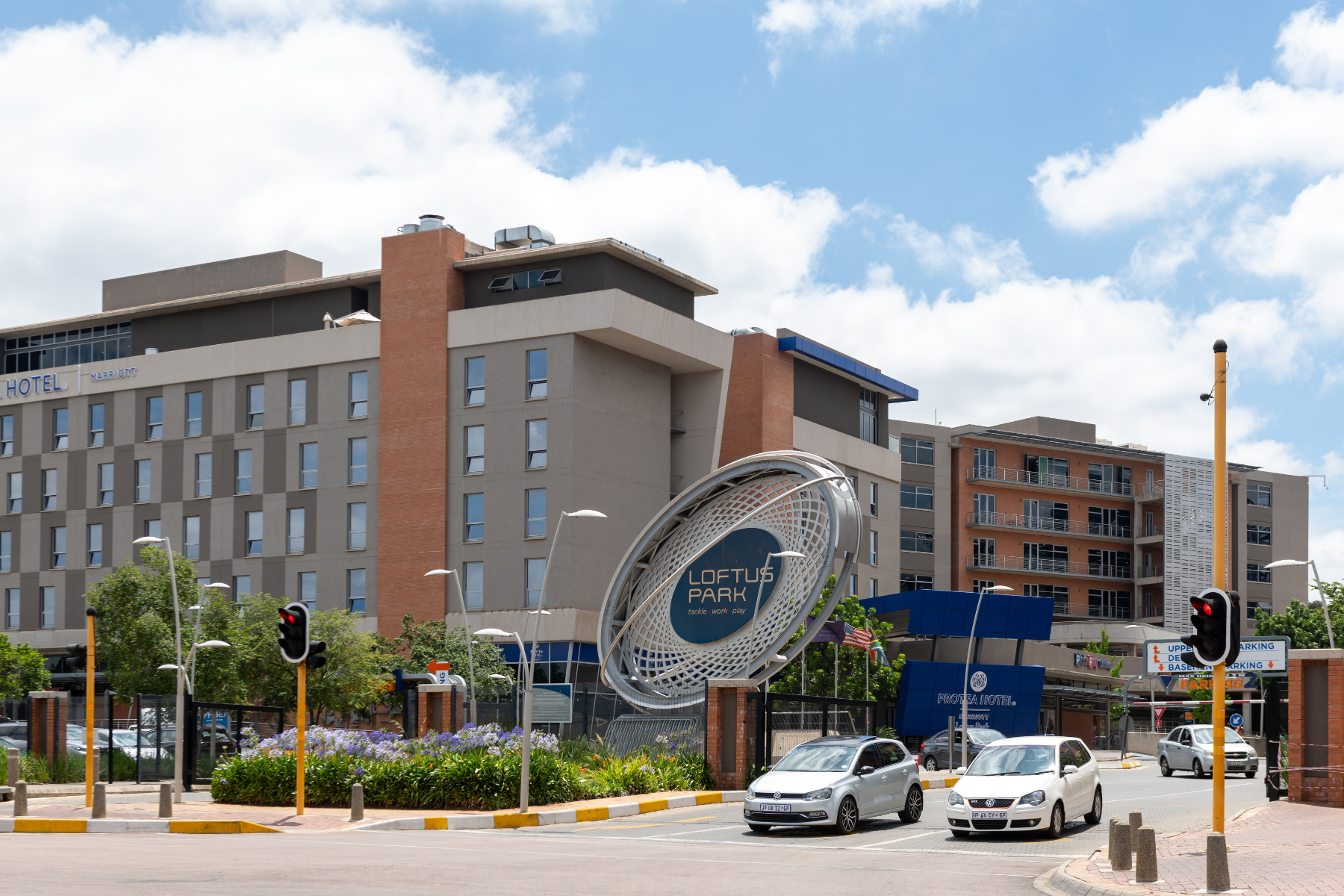
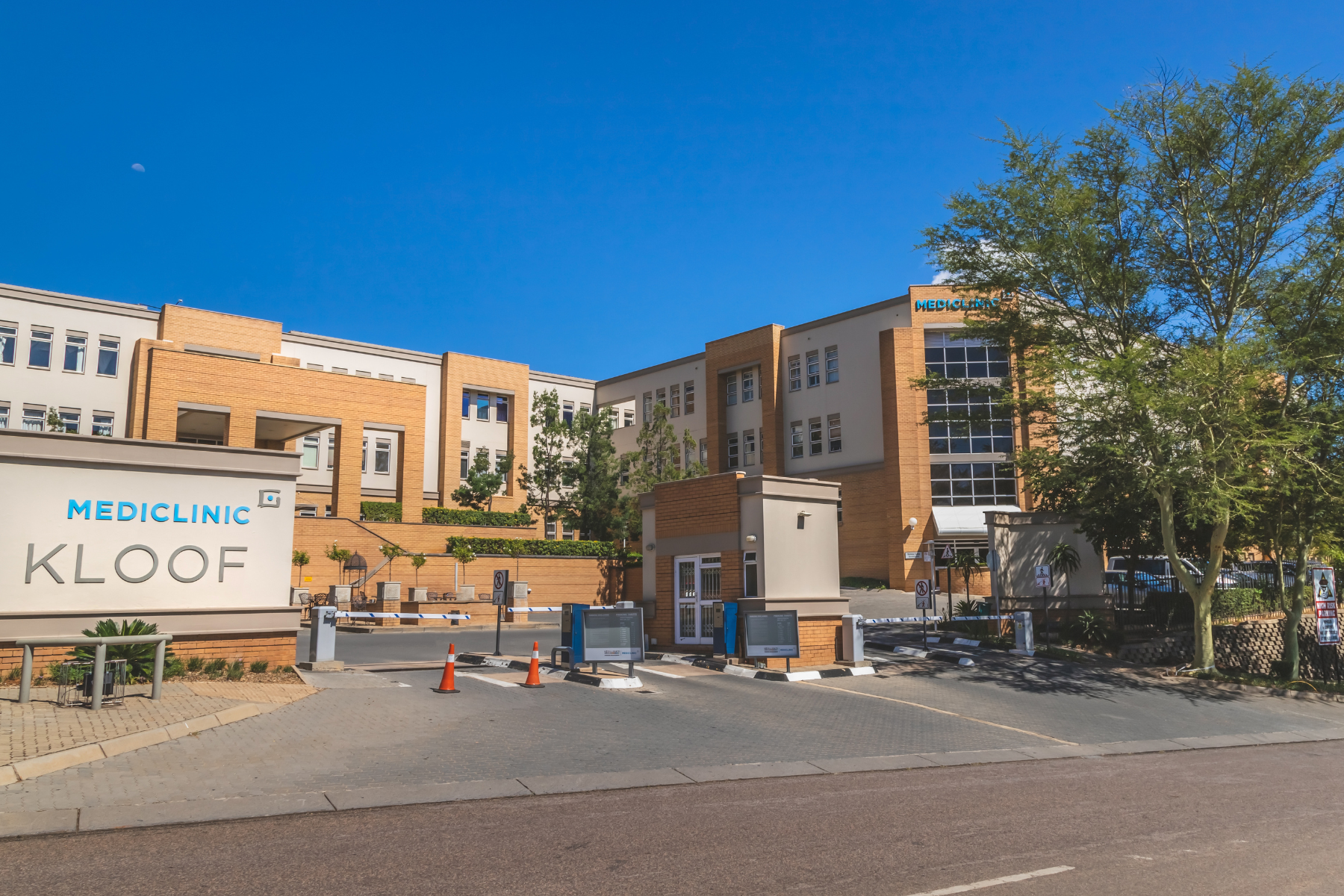
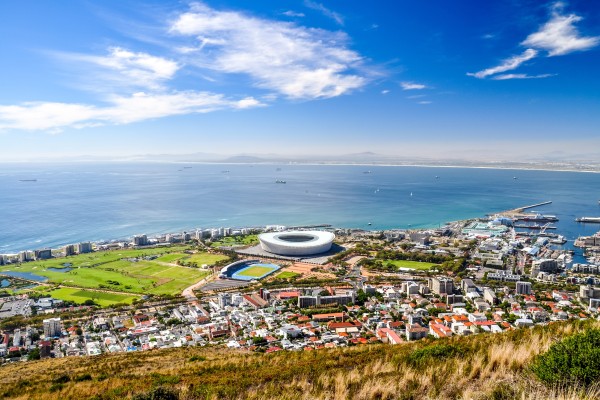


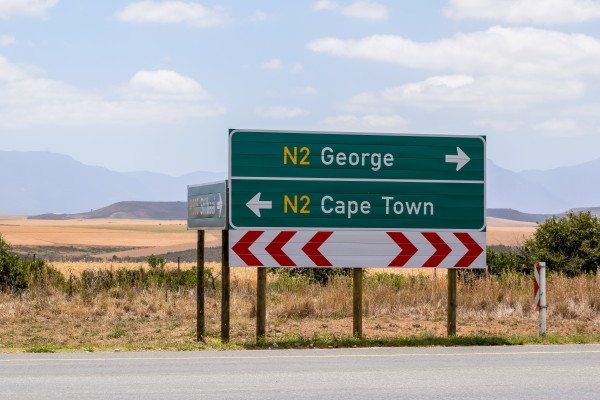
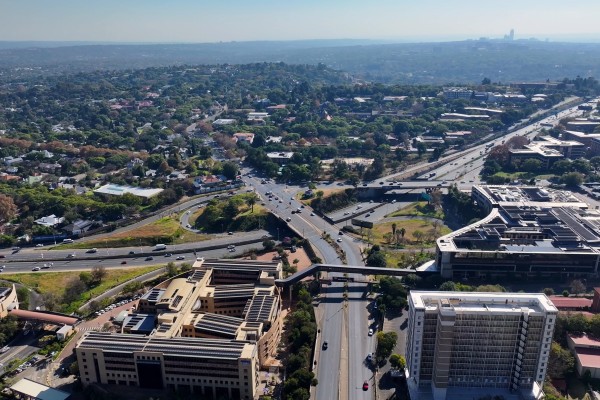
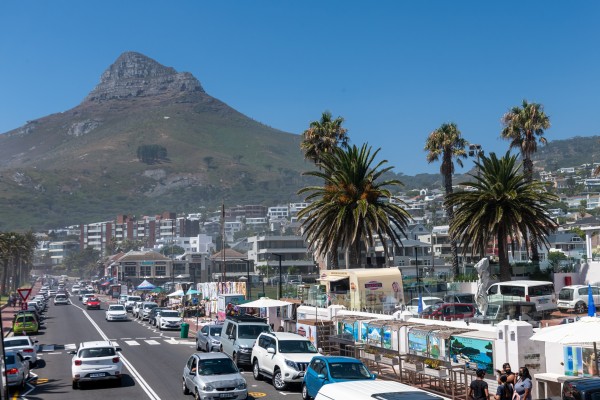
![The Cost of Living in Durban [2025] The Cost of Living in Durban [2025]](https://cdn.wisemove.co.za/image/blog/33d6922f3018eeb43ebed98163e7b2cd.jpeg)
